Respirators that save lives: the association 'With your hands' implements the Aminata Project in Gambia
The catalan organization Amb les Teves Mans, in collaboration with a group of doctors from the Hospital Clínic's Maternity Hospital, has implemented ventilators for critical premature newborns in a Gambian hospital.
The Aminata Project is an initiative of the catalan association Amb les Teves Mans , in collaboration with doctors from the Maternity Hospital of the Hospital Clínic de Barcelona , which has been implemented at the Edward Francis Small Teaching General Hospital in Banjul, in Gambia, to save the lives of critical premature newborns with CPAPs (Continuous Positive Airway Pressure) devices.
CPAPs, made with 3D printing and easy-to-get components, keep airways open and supply oxygen to babies. This technology reduces costs, enables local manufacturing and repair, and ensures continuous operation even during power outages. The aim of implementing CPAPs with these simple characteristics is to provide solutions to the problems of medical equipment in hospitals in impoverished countries , which often becomes obsolete due to the lack of spare parts or technical support.
In The Gambia , the neonatal mortality rate is alarmingly high. According to data from UNICEF and other health organizations, approximately 27 out of every 1,000 babies die during their first month of life. This high neonatal mortality rate results in an average of more than 10 babies dying every day due to complications related to premature birth, infections and lack of adequate medical equipment.
The medical team responsible for this project consists of seven professionals (medical director, biomedical engineer, operating room and paediatrics nurses, and doctors in practice at the Hospital Sant Joan de Déu in Barcelona). This team has been responsible for training the Gambian medical team , as well as the nursing team, responsible for attaching the device to the baby and cleaning it.
From June 4 to 18, the Catalan team returns to Gambia to follow its progress and train doctors from other medical centers, with expansion plans for 2025 . In this second phase, the clinical study of the project begins, which will allow the results to be known and the evaluations to be made to make the final analysis of the implementation of CPAPs in this medical center. Likewise, doctors from other centers (KaninfingbGeneral Hospital and Bundung Maternal & Child Health) will be trained in these days with the aim of welcoming a new implantation of new devices throughout the year 2025.
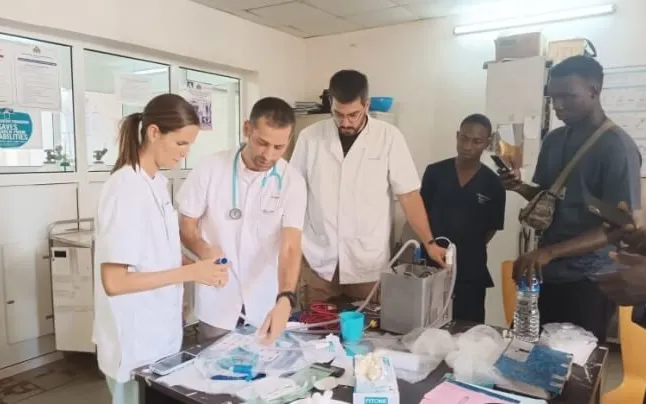
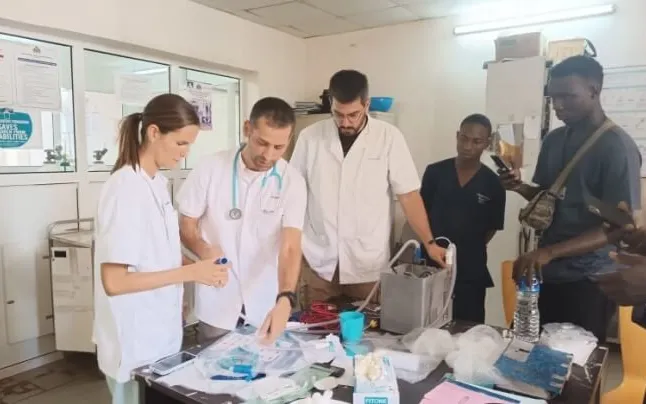


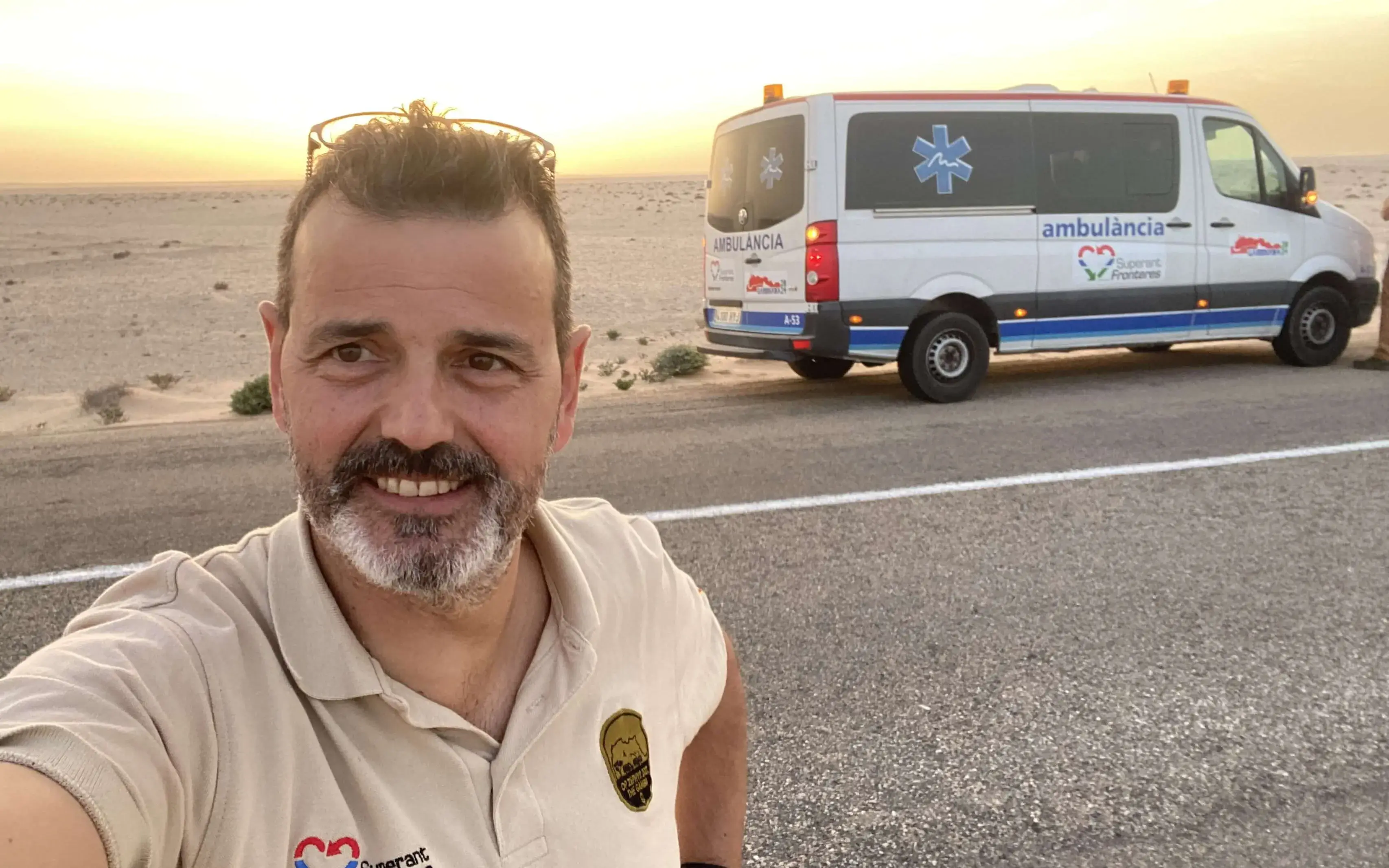
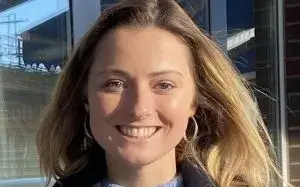
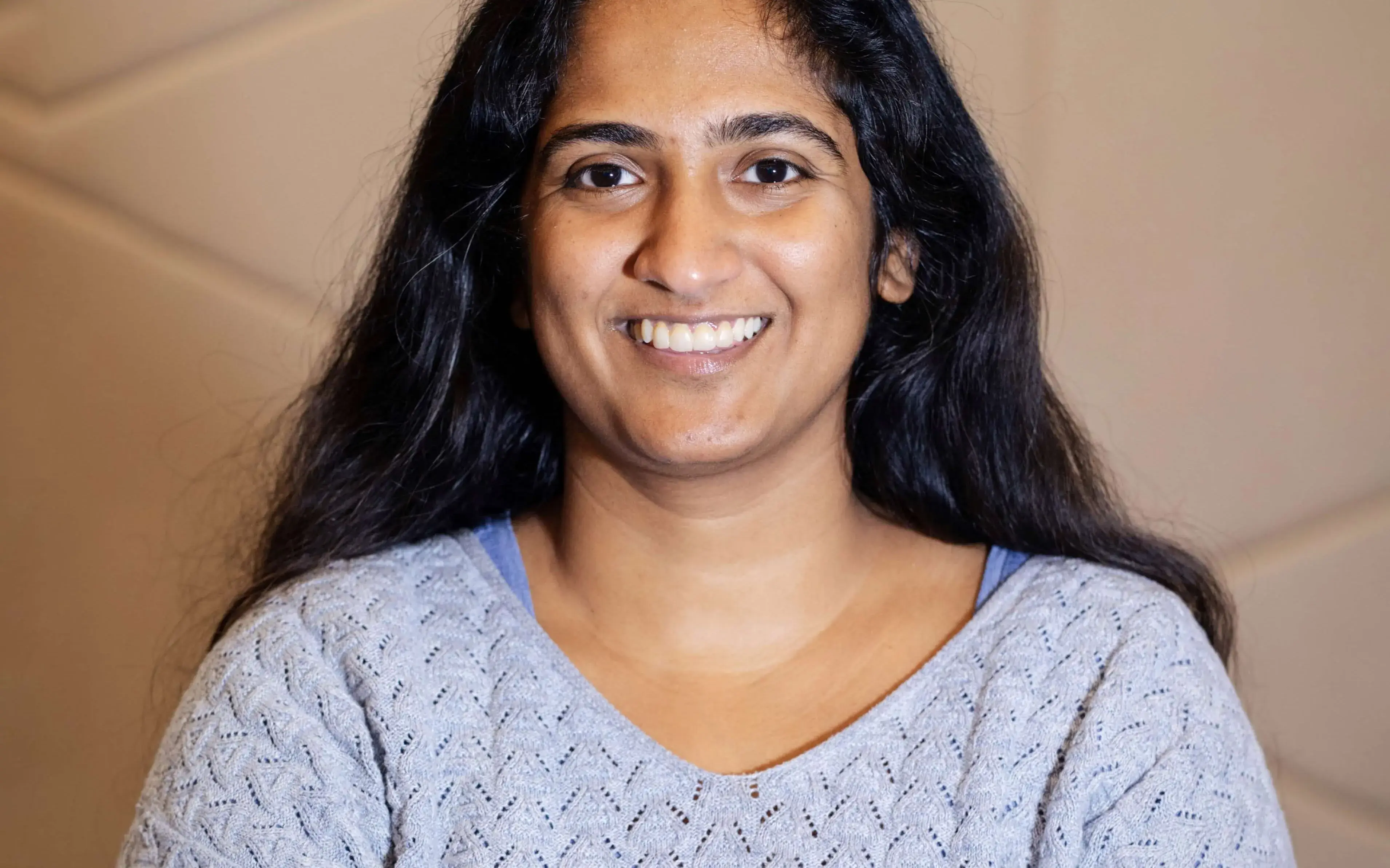
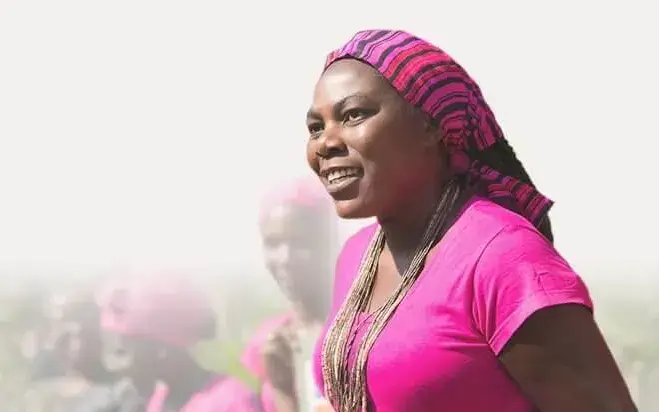
Add new comment